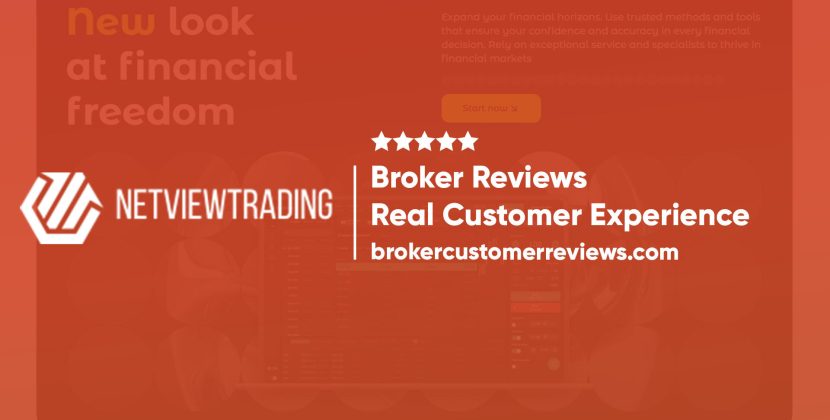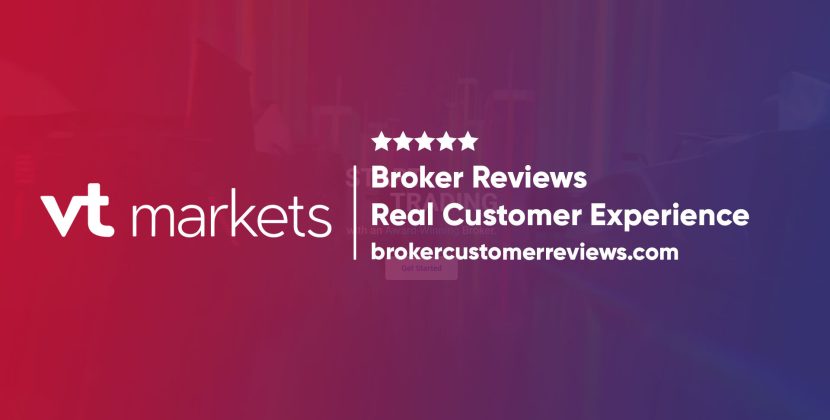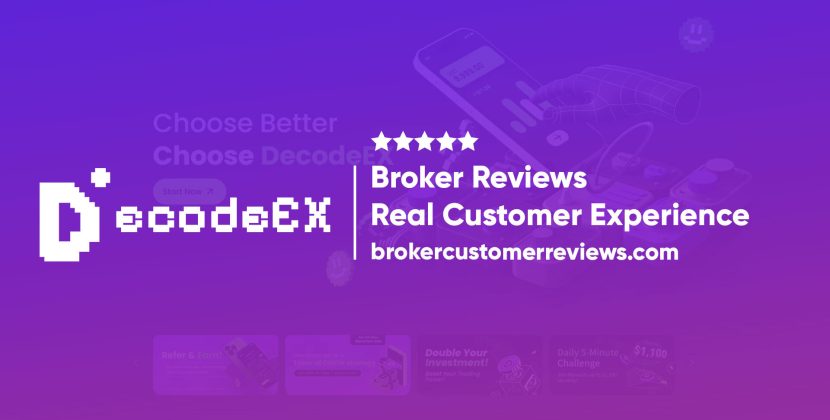
Latest post
Popular Posts

AvaTrade Broker Overview (448)
- dev
- November 15, 2023

Coinmama Broker Review (448)
- dev
- February 2, 2024

FP Markets Broker Review (429)
- dev
- January 22, 2024

BDSwiss Broker Review (385)
- dev
- October 20, 2023

ACY Securities Broker Review (378)
- dev
- June 27, 2023



